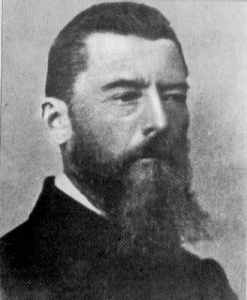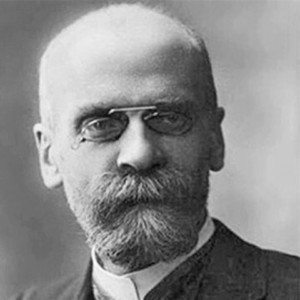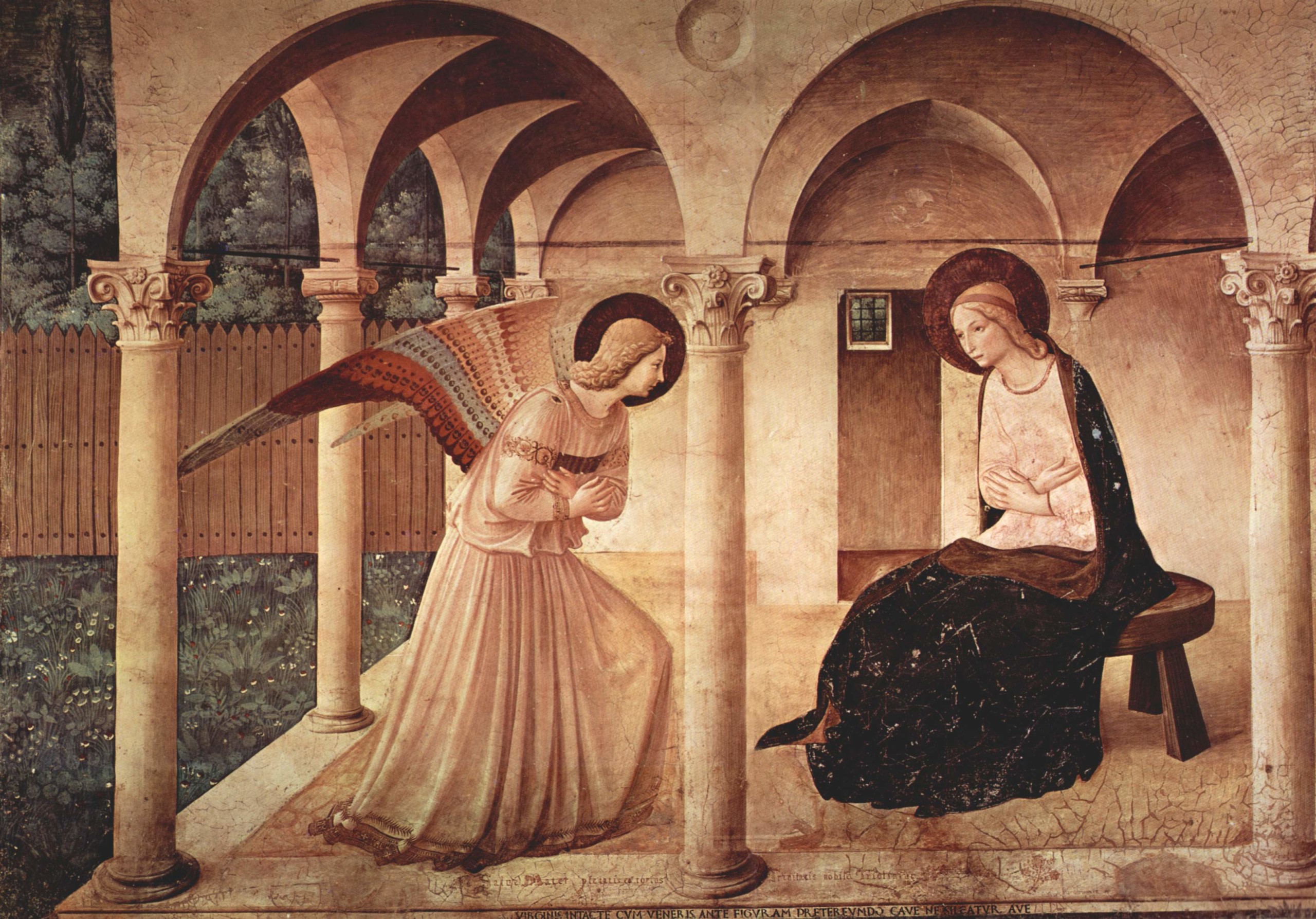[The following is the edited text of my homily for March 25, 2020. This is the traditional date of Good Friday and of the Annunciation, and it is the date that J.R.R. Tolkien gives as the date upon which Gollum fell into the fires of Mount Doom, thereby destroying the One Ring and ending the terror of Sauron.]
In our scientific age, atheists demand evidence for the existence of God. For me, among the weightiest bits of evidence is simply the prevalence of belief. Many persons claim not only to believe in God, but to know Him. This requires an explanation. And it’s not enough, I think, just to claim it as some mass delusion—that’s simply kicking the can down the road. Why this particular mass delusion?
A scientist such as Richard Dawkins may well answer that ancient persons were trying to explain the natural world and lacked science, and so posited gods as causes of natural phenomena like lightning. In other words, ancient persons were failed versions of himself. Other more political versions of this attempt at explanation claim that the invention of the gods was a cynical ploy by authority to consolidate power over an awestruck populace.
Contemporary atheists are hardly the first to speculate on this. The Biblical book of Wisdom already gives other explanations for the origin of the gods–or what the author would call “idols.” He notes a longing for beauty in all peoples, and that the beauty of the cosmos moves the observer to imagine that the mysteriously remote magnificence of the stars betokened divinity; or that the power of fire or water signified the presence of the divine [see Wisdom 13: 1-3]. Elsewhere, the Biblical author speculates that a grieving father would make a statue of a recently lost young child, and that his attachment to this statue would grow into a kind of piety, and that the dead child would undergo a kind of apotheosis, a divinization [Wisdom 14: 15-16].

“Christianity set itself the goal of fulfilling man’s unattainable desires”–Ludwig Feuerbach (1804-1872)
In the last two hundred years, learned explanations have become more and more sophisticated (though, alas, I must exclude Mr. Dawkins from any claim to sophistication on this point). In the early nineteenth century, Ludwig Feuerbach saw God as an outward projection of humanity’s inward nature, in some sense representing the infinite desire for order, meaning, and goodness that we observe in human nature. Later, Emile Durkheim applied this insight anthropologically so that God becomes a representation of collective society. The most ambitious, and, to me, the profoundest attempt to account for the origin of the gods is that of René Girard (1923-2015). Girard, whose work drew him back to his childhood Catholic faith, noted not only the widespread belief in the gods, but the near-universal connection of the gods and violence, encoded in the ubiquitous practice of sacrifice in the ancient world. He drew attention to the catharsis that takes place when a tense and fearful community focuses its anxiety and violence unanimously on a victim, that is, when a community chooses a scapegoat. The killing or banishment of this scapegoat brings about peace and restores order to the community. Since peace and order are desirable for both the community and the individual, the scapegoated victim paradoxically becomes a benefactor to the community and gradually becomes a god in the community’s mythological imagination. The connection with authority comes about because kings and others in positions of governance are extremely convenient scapegoats, easy to blame for everyone’s problems. There is an important exception to this mechanism. The prophets of Israel, that fiercely monotheistic nation, are constantly alerting the people to the arbitrary injustice at the heart of human society, this need to generate peace and order by generating victims. Because of God’s championing of the victim, the idea of a true God begins to distance itself from the “gods.”

“Religion is in a word the system of symbols by means of which society becomes conscious of itself.”–Emile Durkheim (1858-1917)
Now I bring all of this up, and I hope that it’s interesting, because the constant in all of this is human desire. We all have desires, some of them not so good, but all of them leaving us in need of fulfillment in some way. Unfulfilled desire leaves us vulnerable, even anxious and fearful. Perhaps worst of all, the noblest things that we desire: justice, truth, beauty, are always just out of reach. This is that infinite desire that Feuerbach rightly noted.
What we proclaim today is that the Great Desire of earth [cf. Haggai 2: 6-7), what all human beings long for in some way, is no longer out of reach. Not because we have figured out finally how to attain the truth, but because the Truth Himself came to us. The Son of God validates the best of human desire by becoming human, sharing these desires with us. Jesus hungers and thirsts, has friends, attends wedding banquets and public festivals. He restores children to bereaved parents, he feeds the multitude, he quiets threatening waves, he relieves lepers of “social distancing” by cleansing them. But profoundest of all, he desires to do His Father’s will as the one thing necessary; he desires justice for all; he desires that all men see in the beauty of the cosmos God’s great love for those made in His image and likeness. He desires that all be set free by knowing the Truth. In the Incarnation, which we celebrate today, Truth Himself has come down from heaven, and in taking human nature to Himself, has made justice spring up from the earth [see Psalm 85: 10-11].
The idols of the nations are an image of distorted desire, stuck in the infernal logic of “the world.” Jesus is recognized, even in His lifetime, as the true fulfillment of all that is best in what we desire. The Apostle Philip found Nathanial and said, “We have found him of whom Moses in the law and also the prophets wrote [John 1: 45].” After the Resurrection, the two disciples on the road to Emmaus unwittingly said to Jesus himself, “We had hoped that he would be the one to redeem Israel [Luke 24: 21].” In other words, we hoped that he would vindicate the one true, transcendent God and the devotion to the true God shown by His chosen people Israel–which He has by His resurrection in our nature.
My brothers, what is it that we desire? How has our Lord Jesus Christ offered us fulfillment or purification of this desire in His Incarnation? How has he invited us to be patient in awaiting this fulfillment by learning to be his Cross-carrying disciples? In this moment of anxiety, how can we follow the prophets in pointing to Jesus and away from the danger of choosing scapegoats for our suffering? Let us, like Mary and her Son, begin by saying to our common Father, “Thy will be done.”